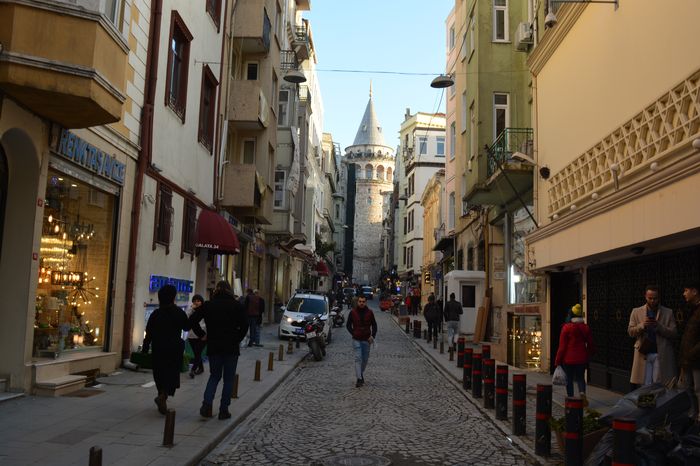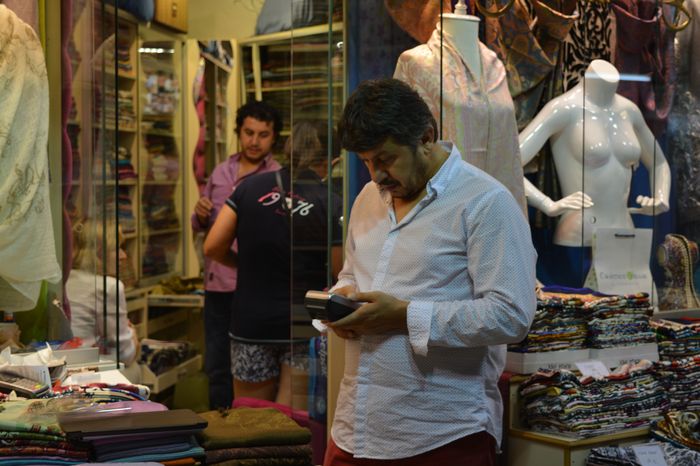In governmental terms
In governmental terms, a conservative observer would say that the provincial lines had been redrawn a bit, and new chief local rulers were in...
Skeptical historian Procopius of Constantinople
This moralizing reading appears twenty years later, from the skeptical historian Procopius of Constantinople, and he burdens it with several overlays. It shows the...
Galerius prepared carefully
The Empress and her daughter came out just then and Constantine went to call the litter bearers. But from then on, he assigned to...
Illyrian veterans
Tiridates’ laugh boomed out. “How could I, with my back to the river?”
Dispatches from the Persian campaign soon began to arrive daily, telling of...
Constantine had somehow expected
“You have changed,” she said.
“I’m almost two years older than when you saw me last,” Constantine reminded her. “But I am still a tribune...
Artifice of prayer
HOW ALL ROMAN CITIZENS BECAME SLAVES
Theodora too unceasingly hardened her heart in the practice of inhumanity. What she did, was never to please or...
Constantine to move swiftly
There was every reason for Constantine to move swiftly with all the troops he could safely take from duty along the Rhine, since Maximian’s...
Dacius swore a purple
“You look as if you were roughly treated,” he said. “Who unloosed your bonds? Maximian?”
Dacius swore a purple oath. “Don’t tell me you were...
Yield up Massilia
“Like Dacius?” He could imagine the story Maximian had told her and which she seemed to have believed.
“Or some others.” She had missed entirely...
Inflicted on practically
Later Theodora saw her mistake and tried to console them, to the public detriment, for she made their new husbands Dukes. Even this brought...











